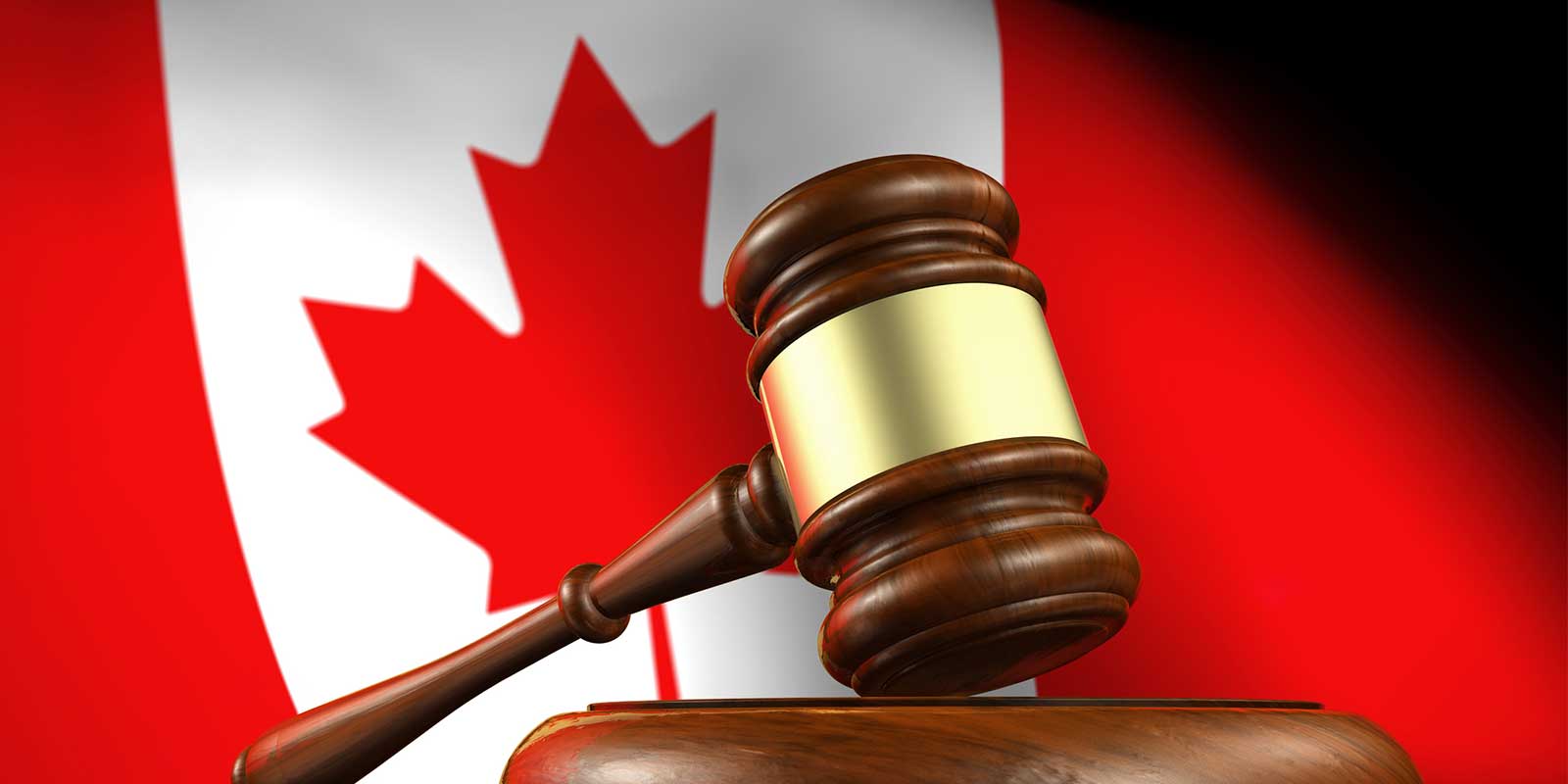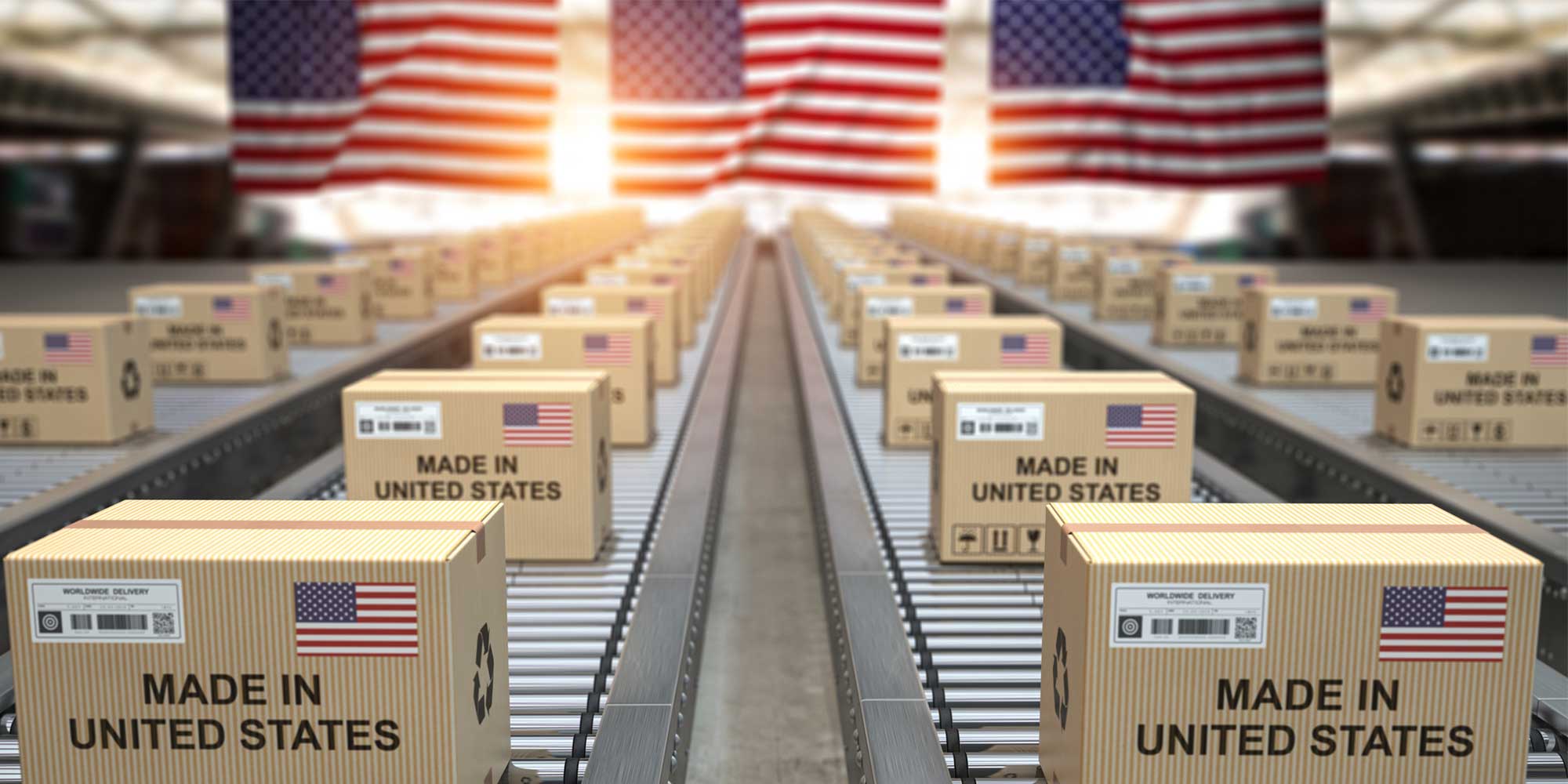If you export firearms, you could receive a call at any time from the U.S. Office of Export Enforcement (OEE) asking to visit your company.
Do you know what how to respond?
Here are 6 recommendations.
Say Yes
If you export firearms, it is a very good idea always to be ready for a visit from government regulators or law enforcement.
OEE generally calls to request and schedule meetings. Say yes but schedule the meeting a week or two out so you have time to prepare. The meeting should take place at your facility, not off-site.
If OEE calls in advance to schedule a visit, assume that they are not coming to arrest you or to execute a search warrant. If that were the case, it is unlikely they would give you a heads up.
Much more likely is that the visit is part of OEE’s normal outreach to industry. These visits are intended to be, and can be, very helpful to you as an exporter.
Consider Whether To Contact Legal Counsel
The first thing to do after setting the meeting date and time is to consider whether to bring in legal counsel. If your company has an export compliance program and you believe that your export business is being conducted lawfully, you probably don’t need your outside counsel at the meeting, but you may want to check with your counsel anyway for peace of mind. If your company employs attorneys, then you should ask one of them to join you.
The analysis of whether to bring in counsel is not the same if you have no export compliance program or, worse, if you know that your organization is not following the rules. In either of these cases, it is wise to give legal counsel a chance to help you prepare.
Also, if OEE agents show up unannounced with a search warrant, call your attorney immediately and do nothing until you have spoken with counsel.
Most practicing attorneys are not familiar with firearm export regulations. If your attorney is among them, consider contacting Phil Milks, Johanna Reeves, Scott Braum or Camden Webb.
If you engage legal counsel, implement the recommendations below only as directed by your attorney.
Prepare Yourself to Discuss These 6 Topics
If you will be meeting with OEE, you want to be prepared to discuss these 6 topics:
- The products your company exports
- The foreign recipients to whom you ship
- The countries to which you ship
- The end uses for which customers outside the U.S. purchase your products
- Your export compliance program
- The location of your export records and the name of the person responsible for export record-keeping.
If you are knowledgeable about these topics, you can go into the meeting with confidence and you will convey a positive impression.
Check the State of Your Export Records
Your company is required to retain records of firearm export transactions for 5 years and they should be easy to locate. These are the most important records for each transaction:
- Purchase order and any other purchase documents (e.g., sales contract, letter of credit)
- Export license, if required
- Export license decrementation record, if applicable
- Record of usage of Low-Value Shipment (LVS) license exception and other license exceptions, if applicable
- Signed end-user statement
- Import permit from purchaser, if required
- Destination control statement
- Packing slip
- Commercial invoice
- Warranty certificate, if applicable
- Air waybill
- Shippers letter of instruction, if applicable
- EEI submission via AESDirect, including ITN
- Delivery confirmation
- ATF Form 9, if applicable
- Denied party screens on parties to the export, including records of any determination that apparent matches were false positives.
You do not need to make these records available to OEE as you would for an ATF inspection. Becoming familiar with the state of your company’s records is simply information you want to have in advance of the meeting. If you discover that your records are incomplete, there’s no need to volunteer that information. Instead, use the discovery of incomplete records as an opportunity to improve record-keeping.
Meeting Day
Be sure there are at least two people from your company at the meeting. If you have an export compliance manager, that person should be in attendance and should be at least as well-prepared as you are.
Plan to use a comfortable meeting room in the administrative portion of your facility. You will not be required to provide a tour of any portion of your facility, unless they arrive with a valid search warrant, and there’s no reason to offer a tour. So, assume the visitor(s) will travel from the front door to the meeting room and then back out.
Don’t be alarmed if two agents show up for the meeting and if one of them is from the FBI. That happens and doesn’t necessarily mean anything. Ask for official identification and make a photocopy. If you maintain a visitor record (you should), it is okay to ask them to sign in.
Be aware that the visitors are likely to arrive with quite a bit of information about your export activities based on the AESDirect submissions that you or your freight forwarders have submitted. One reason for the preparation recommended above is to make sure they don’t know more about your export activities than you do.
When you sit down, collect their business cards, introduce your attendees and explain their roles in your company. Then, listen to what the visitors have to say. If you are asked questions you can answer, answer them. If they ask to see any documents or ask you to provide detailed information about one or more transactions, offer to put the information together and email it to them unless you have it handy and want to give it to them right away.
During the meeting you may be asked to contact OEE if you encounter suspicious individuals or transactions in your export activities. Tips can be very helpful to them and they appreciate information they receive from industry.
When the meeting is over, be sure you are clear about anything on which you have agreed to follow-up.
After the Meeting
After the visitor(s) have left, consider whether anything that came up at the meeting warrants seeking legal advice. If so, contact your attorney promptly.
If there’s nothing that requires legal help, then be sure to follow-up on anything on which you agreed to get back to them. If the agent(s) made recommendations, try to implement them.
If the preparation or meeting has revealed weaknesses in your compliance program, fix them. If the weaknesses constituted violations of regulations, consider whether to submit a voluntary self-disclosure.
Sound scary? If you sell firearms, parts, accessories, or optics online and want a safe and cost-effective way to export them without making mistakes, EasyExport probably can help. Schedule a call to learn more.






